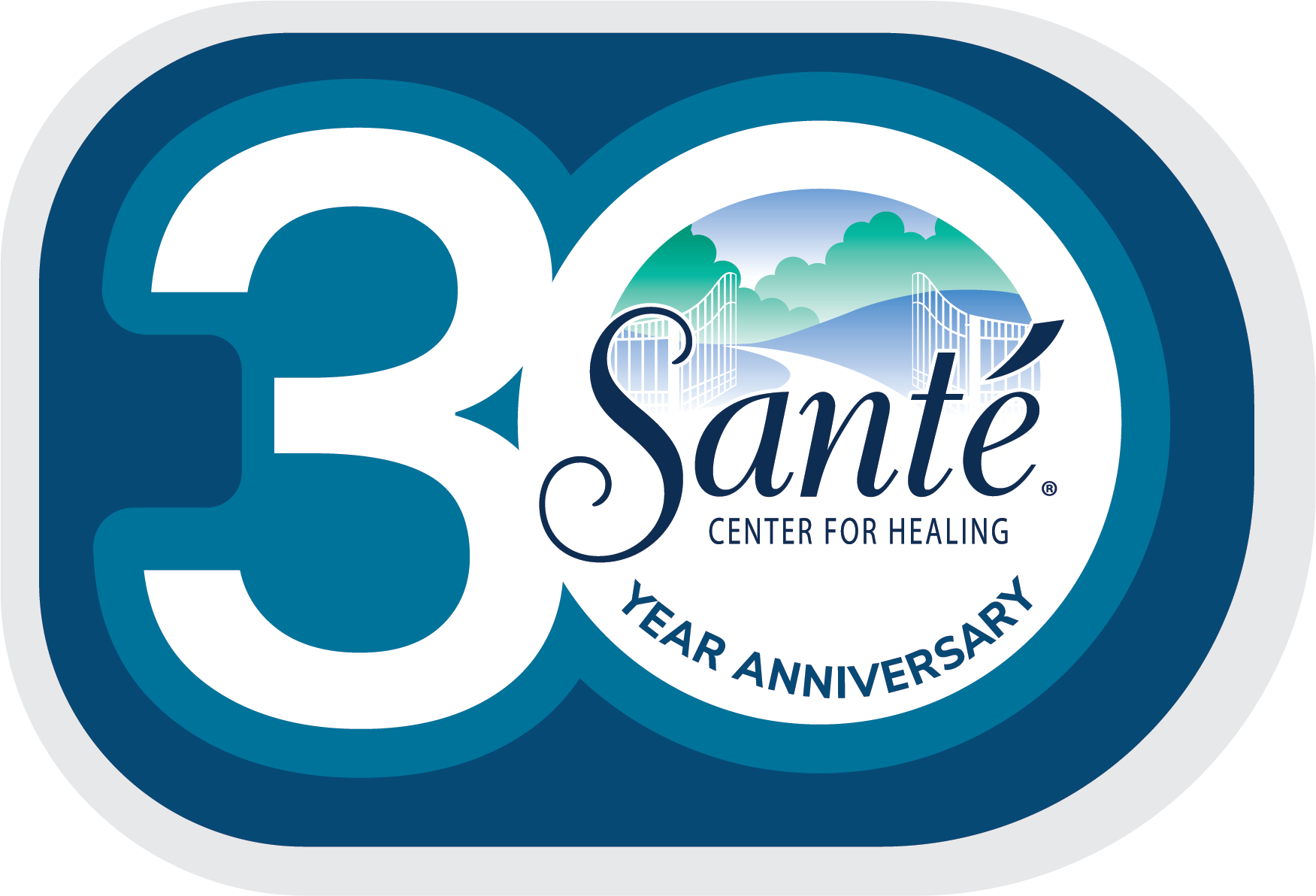You don’t have to carry the weight of your past alone. At Santé Center for Healing, we provide compassionate and effective treatment, including psychodrama therapy, to help you explore and rewrite your story. If you’ve been searching for “psychodrama therapy near me,” you’ve already taken an important step toward healing. Whether you’re facing addiction, trauma, or co-occurring mental health challenges, we’re here to walk alongside you.
Reach out to Santé Center for Healing today to learn how psychodrama and other types of treatment can support your recovery journey.

What Is Psychodrama Therapy?
Psychodrama therapy programs are an action-based group therapy method that helps you reexamine painful memories or unresolved experiences by reenacting them. Developed in the 1920s by Jacob Levy Moreno, psychodrama was one of the earliest structured forms of group therapy. Unlike traditional talk therapy, this approach invites you to step into roles—sometimes your own, sometimes others’—to uncover hidden emotions, distorted beliefs, or patterns that may keep you stuck.
This experiential therapy can be beneficial for people working through substance use issues, trauma, or interpersonal difficulties. At Santé Center for Healing, psychodrama is part of our integrated clinical and medical continuum of care, empowering clients to process the past and prepare for the future with courage and clarity.
What Happens During Psychodrama?
Each psychodrama session typically involves a small group led by a specially trained therapist. One participant, known as the “protagonist,” takes center stage to act out a specific experience or internal conflict. Other group members take on supportive roles, such as significant people in the protagonist’s life or symbolic representations like fear or guilt. Those not participating directly form the audience and offer reflections afterward.
The enactment may be based on:
- A past traumatic event
- A future situation that the person is anxious about
- An internal struggle, such as craving or shame
Throughout the scene, the therapist provides gentle structure, helping guide the action and drawing attention to the emerging emotional truths. These insights often lead to deeper self-understanding and improved emotional regulation.
Different psychodrama techniques
There’s more than one way to engage in psychodrama therapy. These flexible techniques allow our therapists to personalize your experience based on your needs, past experiences, and readiness to engage.
Some core techniques include:
- Role reversal: You switch roles with another person, often someone significant in your life. This allows you to explore their perspective and gain insight into interpersonal dynamics.
- The mirror: Another person reenacts your experience while you watch, offering a new vantage point for reflection.
- Soliloquy: You speak your thoughts aloud in a stream-of-consciousness format, often revealing underlying emotions or beliefs.
- Doubling: A group member stands behind you and voices unspoken thoughts, helping you articulate feelings you may struggle to express.
These psychodrama techniques offer more than dramatic reenactment—they create emotionally safe opportunities to explore, release, and reframe the unresolved narratives you carry.
Alternate Endings
One of the most empowering aspects of psychodrama is the chance to imagine and practice different outcomes. These “alternate endings” are not about pretending the past didn’t happen—they’re about reclaiming your agency in how you respond.
Let’s say you reenact a situation where you felt powerless or triggered into substance use. A therapist may guide you through two endings: one where you return to old coping mechanisms, and another where you set boundaries or walk away. You might feel the temporary comfort of escape in one ending—but the pride, peace, and long-term victory in the other.
By rehearsing healthier reactions in a safe, supportive space, you build emotional resilience and confidence for real-life challenges. And over time, that repeated practice helps reduce your barriers and interruptions to medical and clinical care, opening the door to more consistent healing.
Santé Center for Healing Is Here to Help You
Psychodrama is not about performance—it’s about presence. Being seen, heard, and supported as you explore your experiences in a group setting can reduce isolation and increase trust. This is particularly meaningful in addiction treatment, where shame and secrecy often thrive.
At Santé Center for Healing, psychodrama therapy is just one piece of our theoretically sound and technically eclectic approach. We believe recovery is more than abstinence—it’s about deep transformation and reconnection with your authentic self.
Benefits of psychodrama therapy
Psychodrama can help you:
- Process traumatic memories without re-traumatization
- Recognize distorted beliefs or cognitive traps
- Rehearse boundary-setting and assertive communication
- Cultivate empathy and insight by stepping into others’ perspectives
- Strengthen your sense of safety, empowerment, and identity
A 2023 study highlighted that psychodrama improves emotional expression, interpersonal skills, and self-awareness in individuals with trauma and substance use histories.1 These benefits align with the goals of long-term addiction recovery, making psychodrama a valuable therapeutic tool in programs like ours.
More than just one approach
While psychodrama is impactful, we understand that no single method fits everyone. That’s why Santé Center for Healing offers a variety of therapeutic modalities to support your growth and recovery, including:
- Dialectical behavior therapy (DBT): Emotional regulation and distress tolerance skills
- Eye movement desensitization and reprocessing (EMDR): Trauma-focused therapy
- Cognitive-behavioral therapy (CBT): Reshaping unhelpful thought patterns
- Neurofeedback therapy: Brain-based support for focus and emotional balance
- Ropes course: Outdoor experiential learning and trust building
Our programs don’t treat symptoms in isolation—they address the whole person. That’s the heart of our mission: to help hurting individuals and families in crisis rediscover hope and wholeness.
Begin your recovery with Santé Center for Healing
You don’t have to keep reliving the same scenes from your past. Psychodrama therapy at Santé Center for Healing gives you the tools, insight, and support to begin writing a new chapter. If you’ve been searching for “psychodrama therapy near me,” let today be the day you stop searching and start healing. Call 866.238.3154 or connect with our team online—your recovery journey is waiting, and we’re here to walk it with you.
Footnote:

